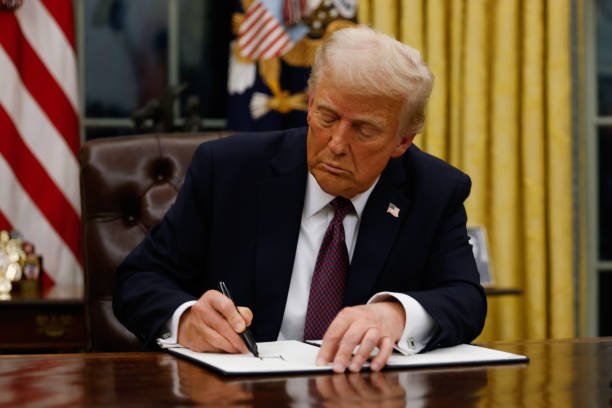The Consumer Financial Protection Bureau (CFPB), established after the 2008 financial crisis, was designed to protect consumers from financial fraud and deceptive practices. It regulated industries like credit cards, mortgages, and peer-to-peer payment apps, returning nearly $20 billion to consumers through enforcement actions. However, under the Trump administration, the CFPB’s operations were significantly curtailed. Acting Director Russel Vought halted enforcement, rulemaking, and supervision, leaving consumer complaints unaddressed and ongoing lawsuits dismissed. This shift has raised concerns among advocates, who argue that financial companies may exploit the lack of oversight to the detriment of consumers.
Critics of the CFPB, including many Republican lawmakers and business leaders, have long opposed its existence, claiming it was anti-business and politically motivated. The agency’s recent dismantling has sparked fears of unchecked corporate misconduct, especially as enforcement cases against major financial institutions have been dropped. Consumer advocates warn that the absence of a strong CFPB leaves families vulnerable to predatory practices, urging public action to restore the agency’s role as a financial watchdog. The situation highlights the ongoing debate over the balance between consumer protection and business interests in the financial sector.

